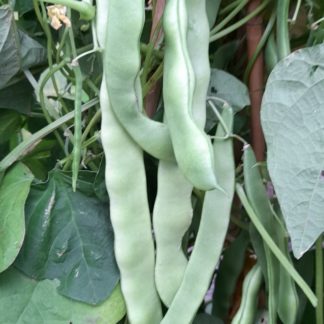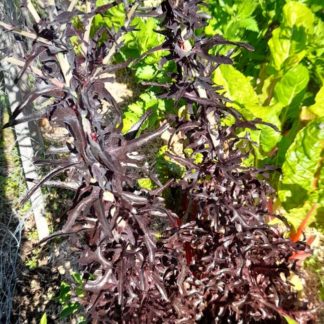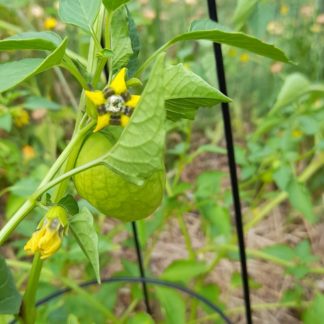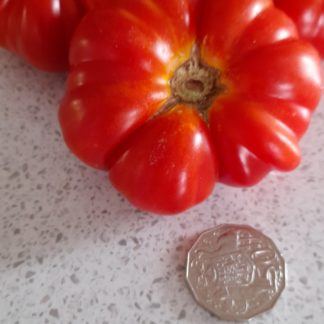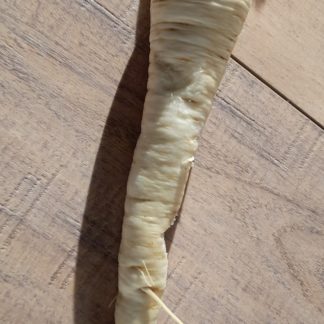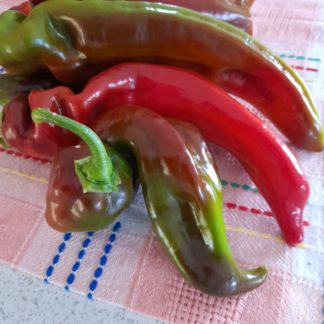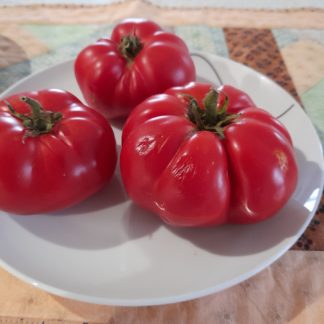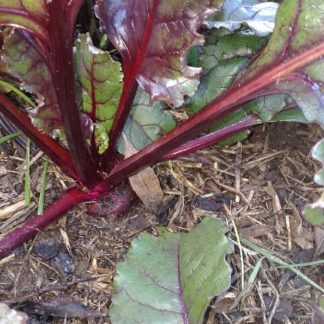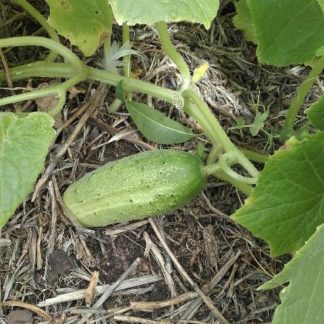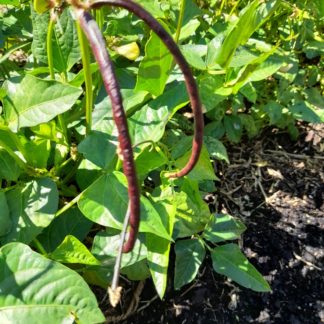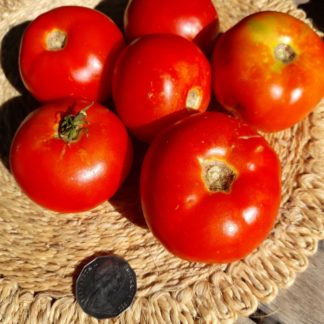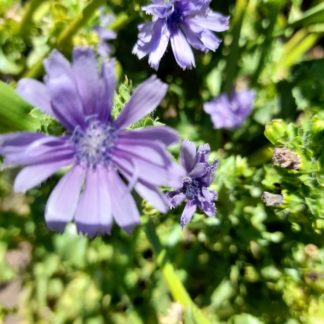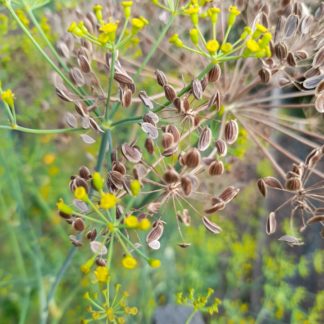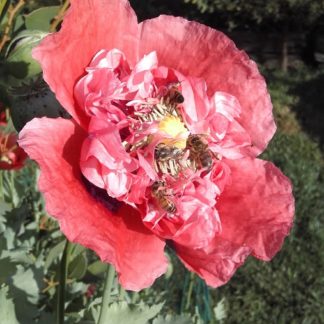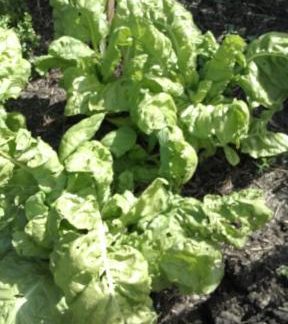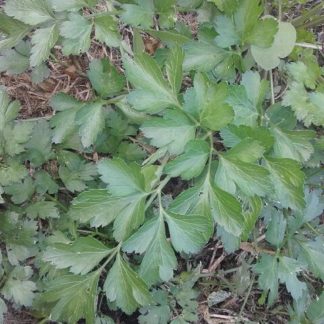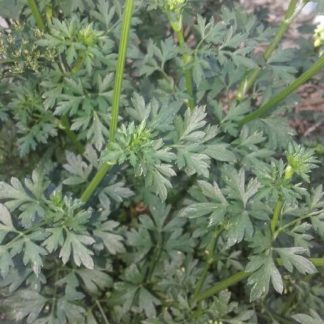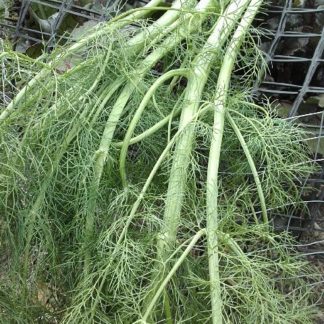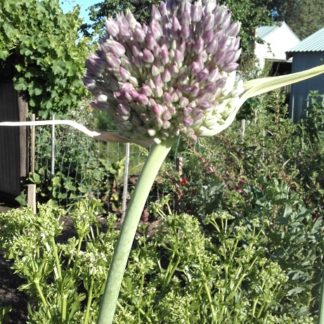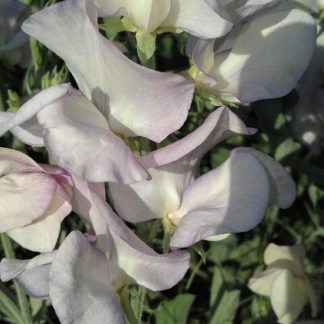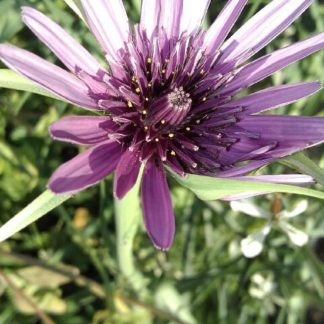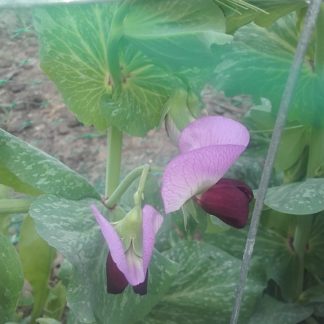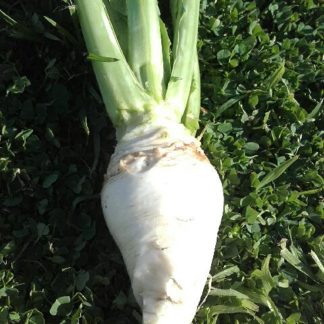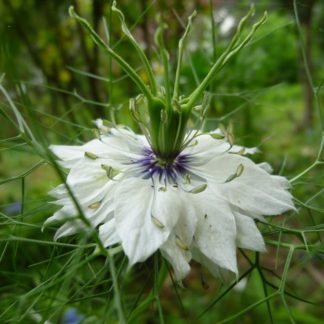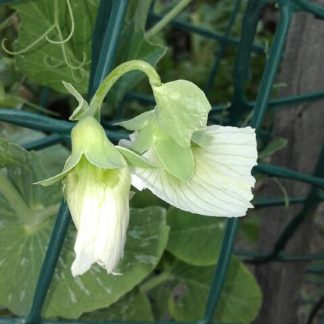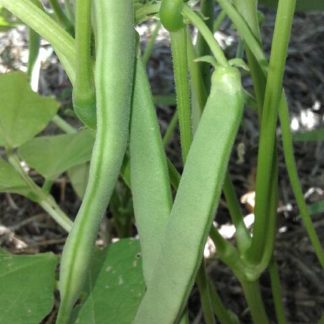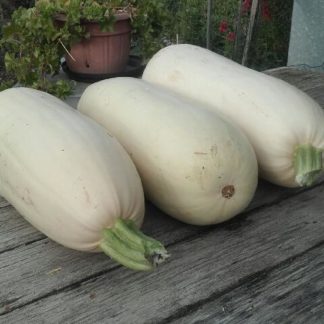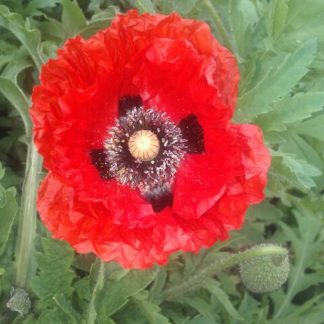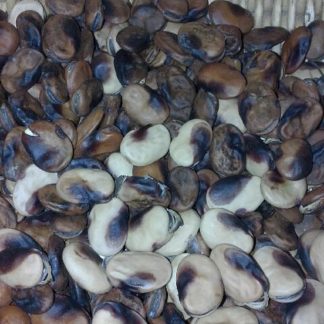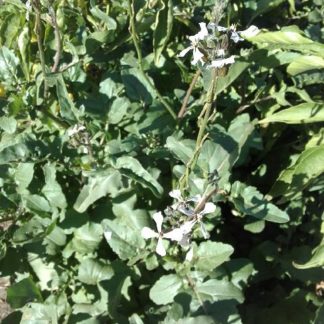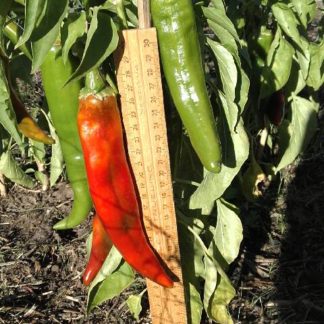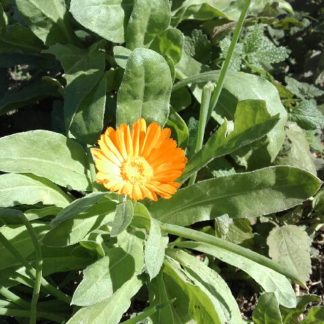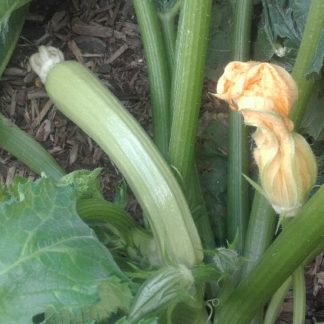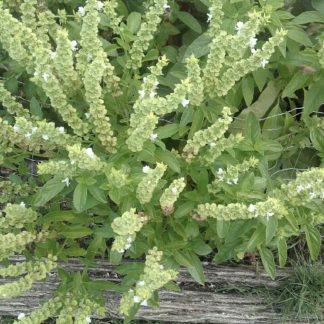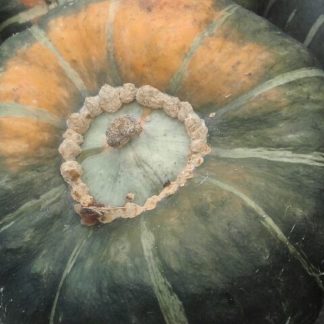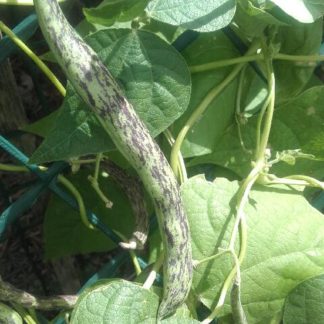It is harvest time and everything has done really well, except the tomatoes, which just don’t seem to like growing here. They start well, but crash out in the heat. Even the plants that stay healthy, and make flowers, don’t set fruit.
But aside from them, it is amazing how well the Australian White Bush Marrows have done, and the Pomona green rock melons, the National pickling cucumbers and beans – Rattlesnake climbing beans and Zagreb Soldier bush beans. I have more than I can cope with!
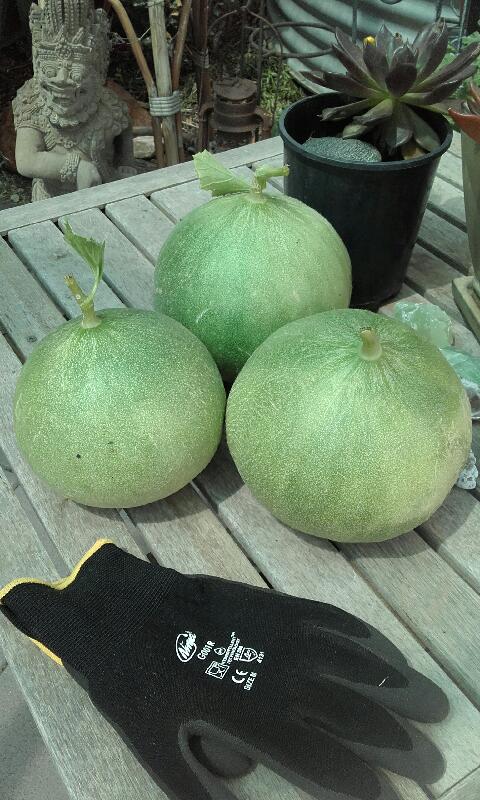
The ducks have not been left without greens either, as there is a big patch of Warragul or New Zealand spinach and they get a bunch each night when they get put to bed. And Basil, what a profusion of Thai and Opal Basil! The Thai basil has big pink flowers and wonderful perfume. And finally, the last of the summer tribe, the Chillies, are making fruit, as yet green, but plenty of them now visible.
The garden here in the Wimmera, an arid area in Western Victoria, is a testimony to the fact that even in an average size back yard and even with the ever hotter summers, we can still grow a lot of great plants for ourselves. The biggest challenge ahead is probably going to be the cost of water. It gets more expensive every year, and we are about to get new Smart Meters, so our use will be more closely monitored. As a pensioner, it is a struggle to pay for it, even with a pensioner rebate. Of course, the ducks get fresh water in their wading pool or trough, so I guess, without them, I would use less water. I would never have imagined , a few years back , that I would come to see half a dozen pet ducks as a luxury. But the cost of feed, due to the drought , has gone up 30% in the last 2 years, and the water is really too expensive now. But they do good work, eating bugs and slugs and I get good compost from the straw in their yard. And they certainly still provide entertainment. And a few eggs, in spring anyway. This year they stopped laying after a very few short months in late spring.
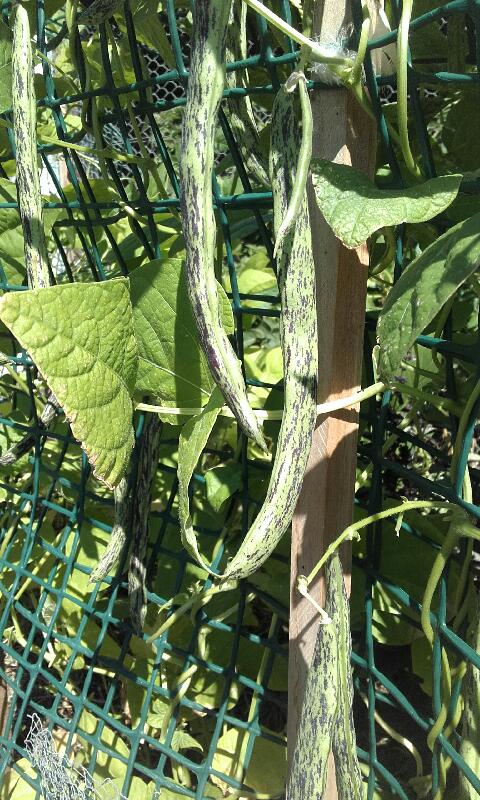
The Community Markets I go to in Stawell are still a mainstay for me, but disappointingly most people are not very interested in the seeds. I fear we have lost a lot of basic gardening knowledge in the last few decades, as it is just so easy to buy everything from the supermarkets. People feel that seeds are Too Difficult and are more inclined to buy seedlings, often poor value and unsuitable to the local conditions. However, the homegrown fruit and vegetables and herbs have a flavour you cannot buy in supermarkets. I am persisting in trying to curate a few rare and old varieties as a contribution to future food security. And if something grows in this climate, it must be adaptable and tough.
This week it was in the news that our summers are now longer than they used to be in 1950’s. A whole month longer in most areas. So winters are shorter, but also drier, and we have had spring seasons that are still cold and frosty at night, but dry. An awful combination, which damages the soil and inhibits plant growth. The challenge of this includes learning to adapt the timing of planting and sowing. Now, I start beans in the week between Christmas and New Year, not in the traditional time, of spring, and I am wondering if I might have more luck with tomatoes if I can adjust the timing of starting them? In the interests of frugality, I don’t use a hot house, so seedlings must be tough enough to cope with minimal shelter when they are young. I do however, use a shaded area and have shrubs which I use to provide shade to delicate plants that can be kept in pots. And while shady patches are essential in the intense heat of summer, at this time of year, we are chasing the sun already. The Equinox is next week, and then we’ll notice the cooler nights and heavier dew. I hope the garden keeps going though the autumn as much can still be produced, and the winter greens- lettuces, kale and brassicas, need a good start before it gets really cold.
So all you gardening friends, grow well and enjoy the fruits of your work.
Remember, it’s time to plant garlic and sweet peas.
